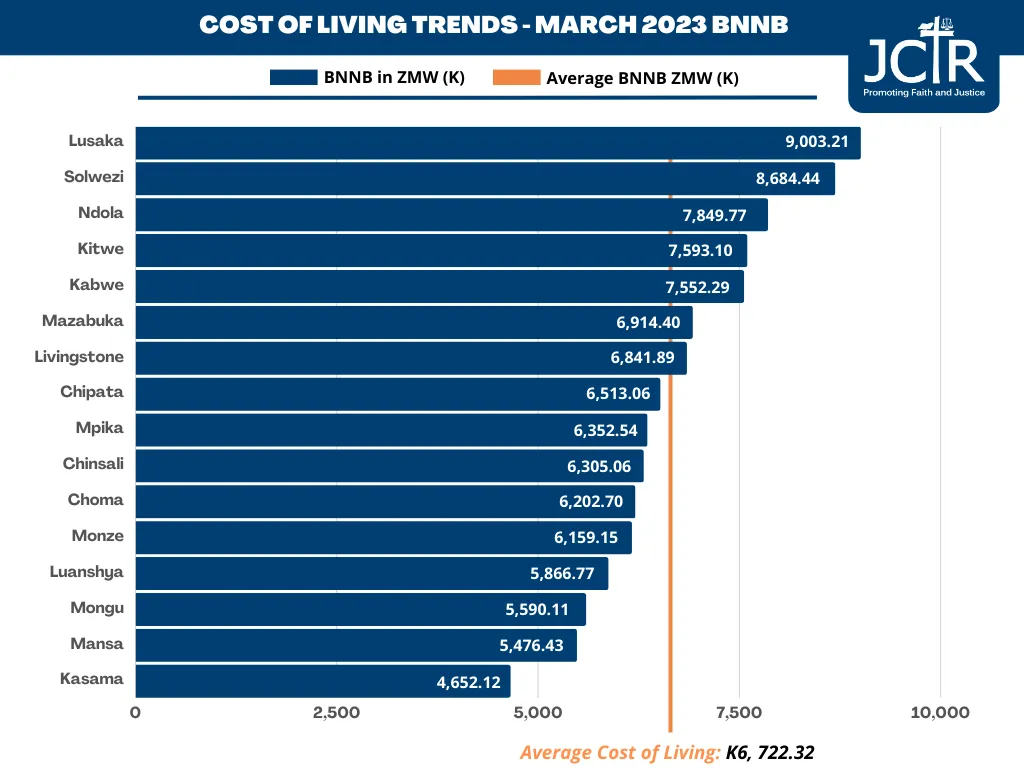Lusaka, 02 May, 2023 / 1:10 pm (ACI Africa).
Officials of the Jesuit Centre for Theological Reflection (JCTR) are calling on Zambia’s government to “address any impediments” in the country’s debt restructuring process.
In a statement shared with ACI Africa on April 21, JCTR officials say that delays in the debt restructuring process are keeping the cost of living high in the Southern African nation.
Since 2021, Zambia has been negotiating with her creditors, under the G20 Common Framework, in view of reaching an agreement for flexible terms to repay its $27 billion debt.
In their statement, JCTR officials say the Zambian government needs “to address any impediments to the debt restructuring process in order to address the high cost of living.”
“Government must expedite engagements with all creditors, especially China, the largest creditor. This must be accomplished by addressing all issues that are impeding the process,” officials of the Lusaka-based institute that is engaged in research, education, advocacy, and consultancy on social issues say.








